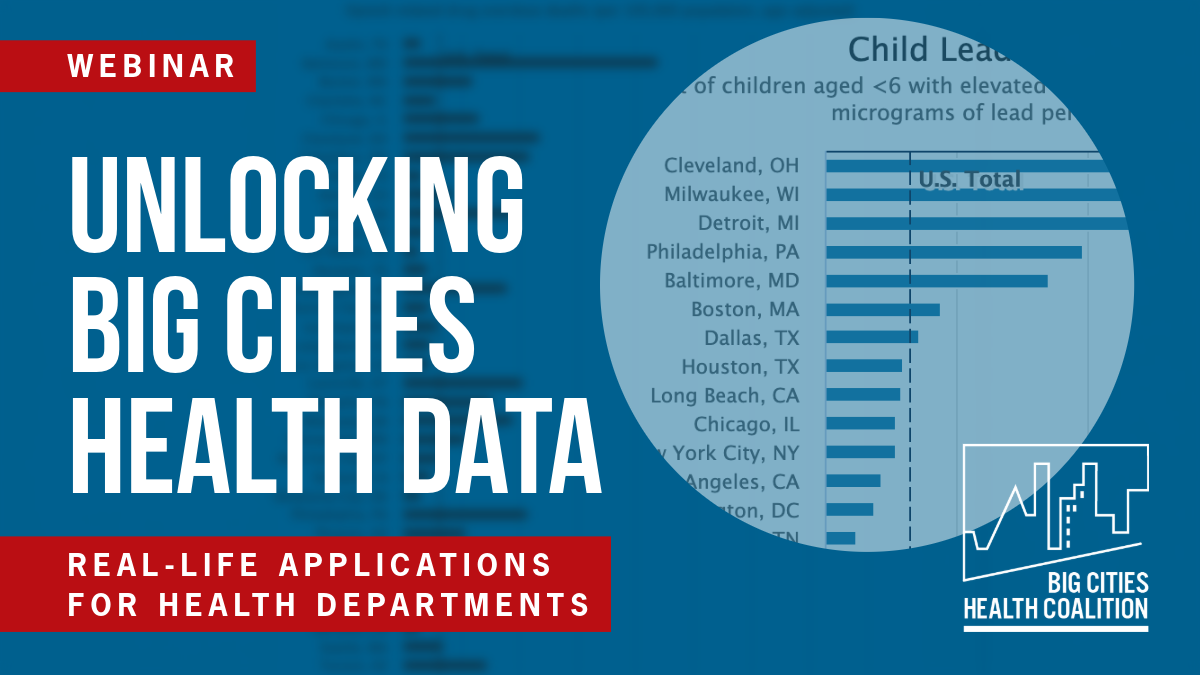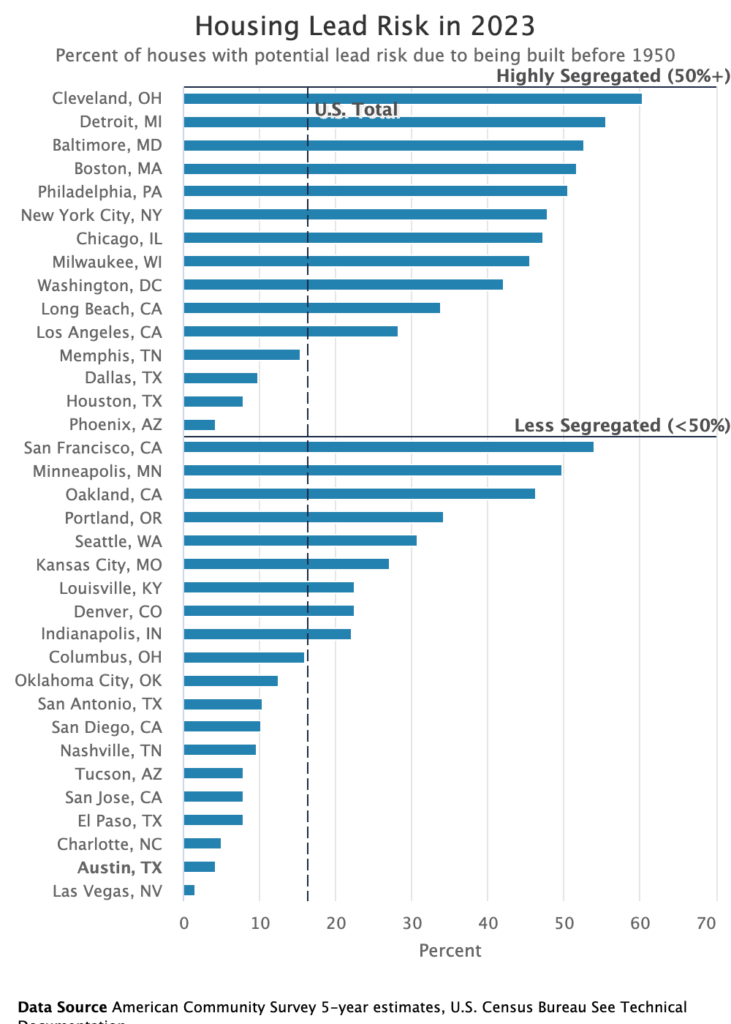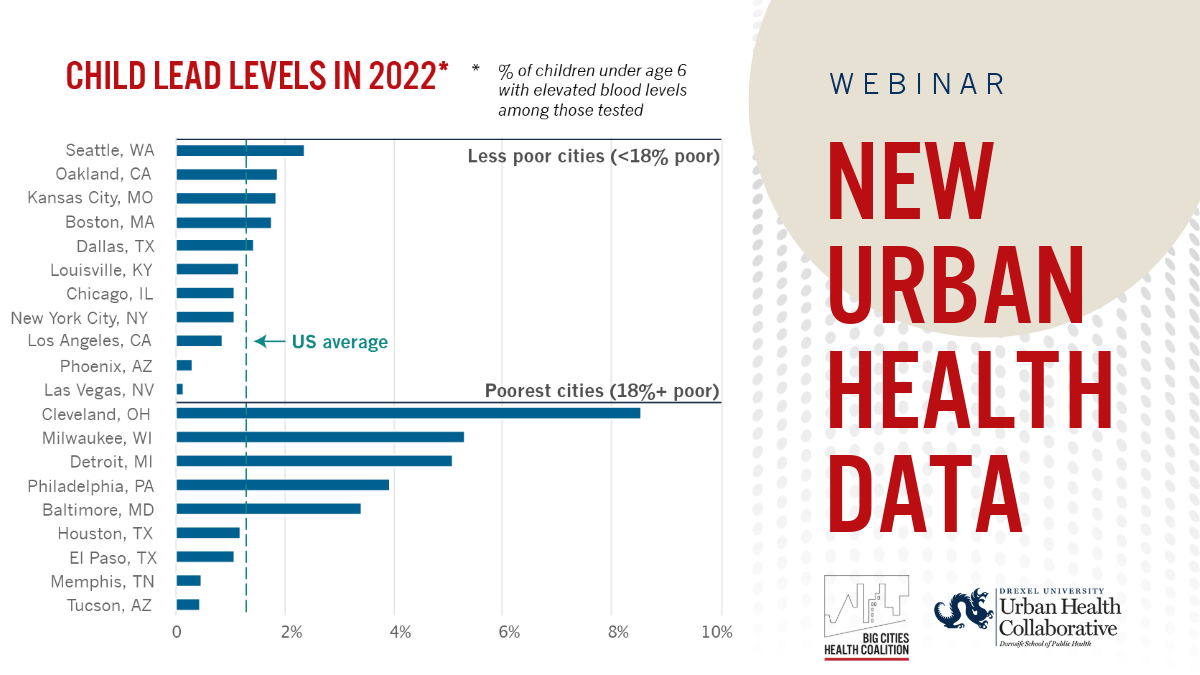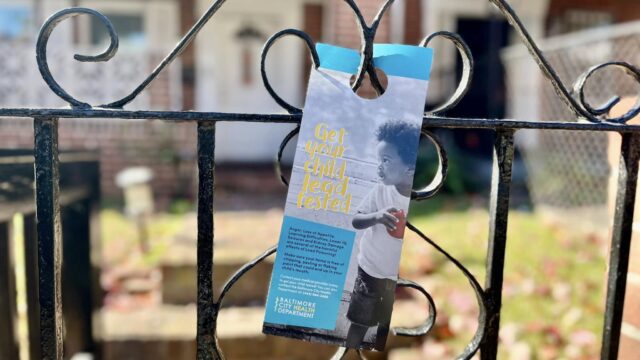Data to action: how big cities use the BCHC data platform
July 2025
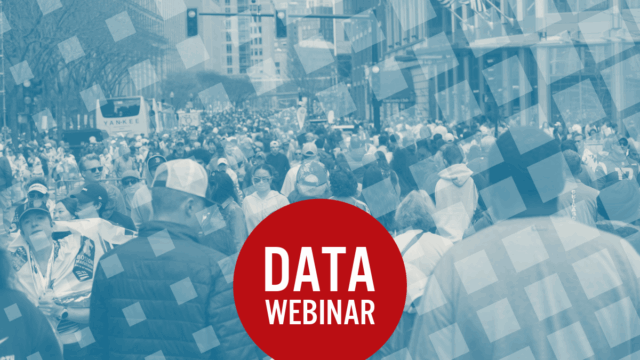
In a recent webinar hosted by BCHC and the Drexel Urban Health Collaborative (UHC), data experts from four U.S. cities shared how the Big Cities Health Inventory platform supports their day-to-day work.
Watch the webinar
Public health leaders from cities across the country are putting BCHC’s shared data platform to work—building equity dashboards, fulfilling data requests, and shaping policy with more localized insights.
The platform, managed by UHC in partnership with BCHC, includes more than 200,000 data points across 125+ metrics, covering topics from chronic disease and environmental health to access to care.
BCHC members say it’s an essential tool for benchmarking, responding to stakeholder needs, and filling local data gaps. “The platform allows us to see health trends for our city against other cities,” said Susan Long-Marin, Epidemiology Manager for Mecklenburg County, NC, which includes Charlotte. “It puts our numbers into the national urban health context.”
An example of data available on the Big Cities Health Inventory data platform
Several BCHC jurisdictions highlighted how they use the platform to power their own tools. Long Beach, for example, incorporated platform data into its interactive racial and health equity hub, helping both health department staff and community partners access disaggregated data that inform more equitable interventions. Others pointed to features like age-adjusted cancer death rates and environmental indicators – metrics that aren’t always available at the city level elsewhere.
To make it even easier for health departments to share insights with their stakeholders, BCHC and UHC also demoed features like downloadable charts and embeddable widgets. These tools help translate public health data into action, ensuring that local leaders have what they need to drive equitable change in big cities.
New to the BCHI data platform? Get a guided tour
The Big Cities Health Inventory data platform is primarily supported by Cooperative Agreement Number NU38PW000033 awarded to Big Cities Health Coalition and funded by the Centers for Disease Control and Prevention. Its contents are solely the responsibility of the authors and do not necessarily represent the official views of the Centers for Disease Control and Prevention or the Department of Health and Human Services.
